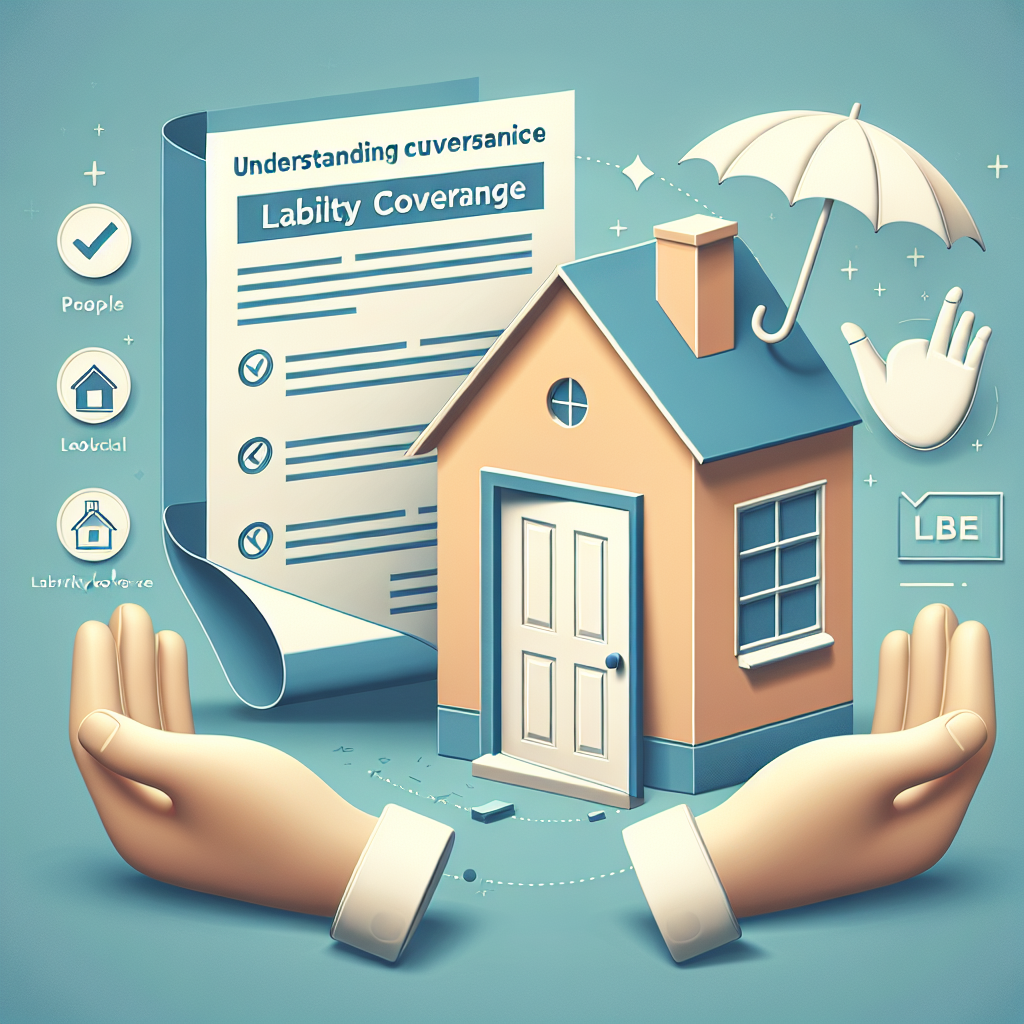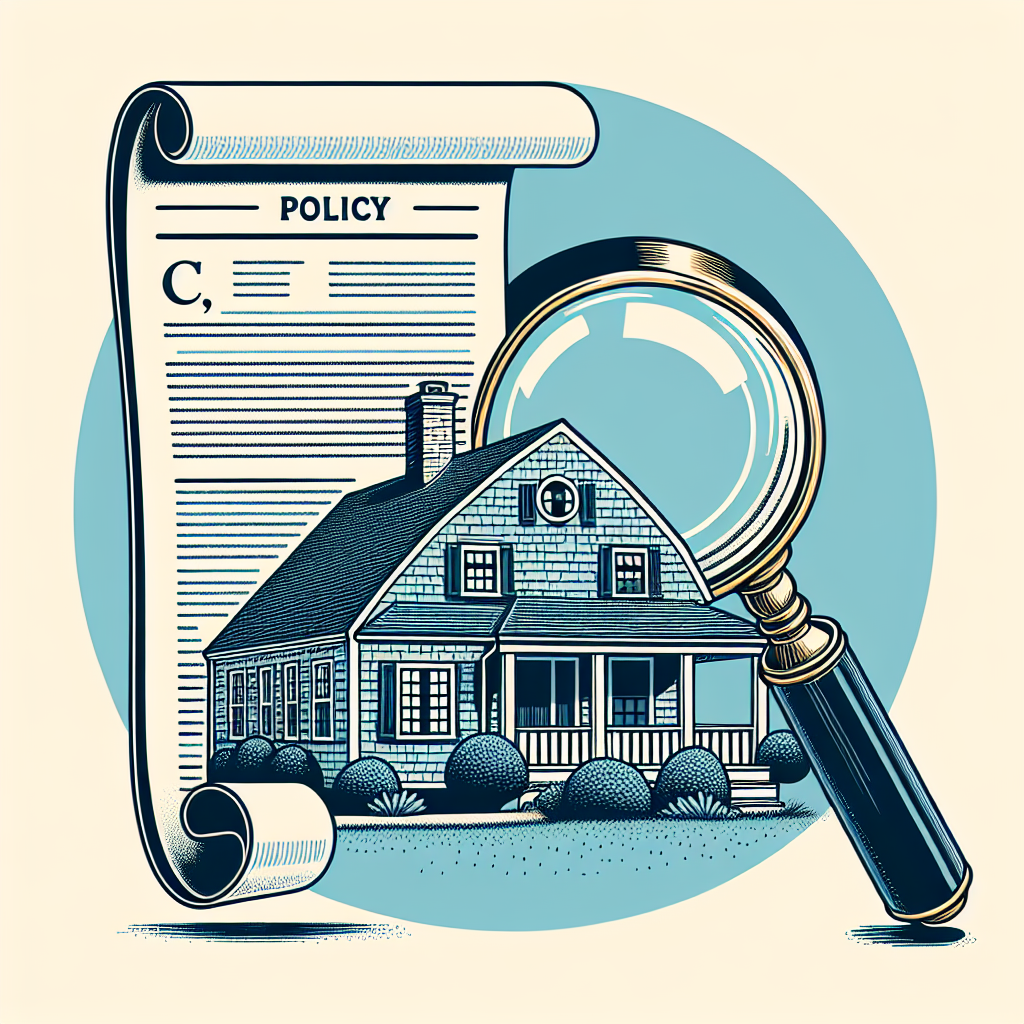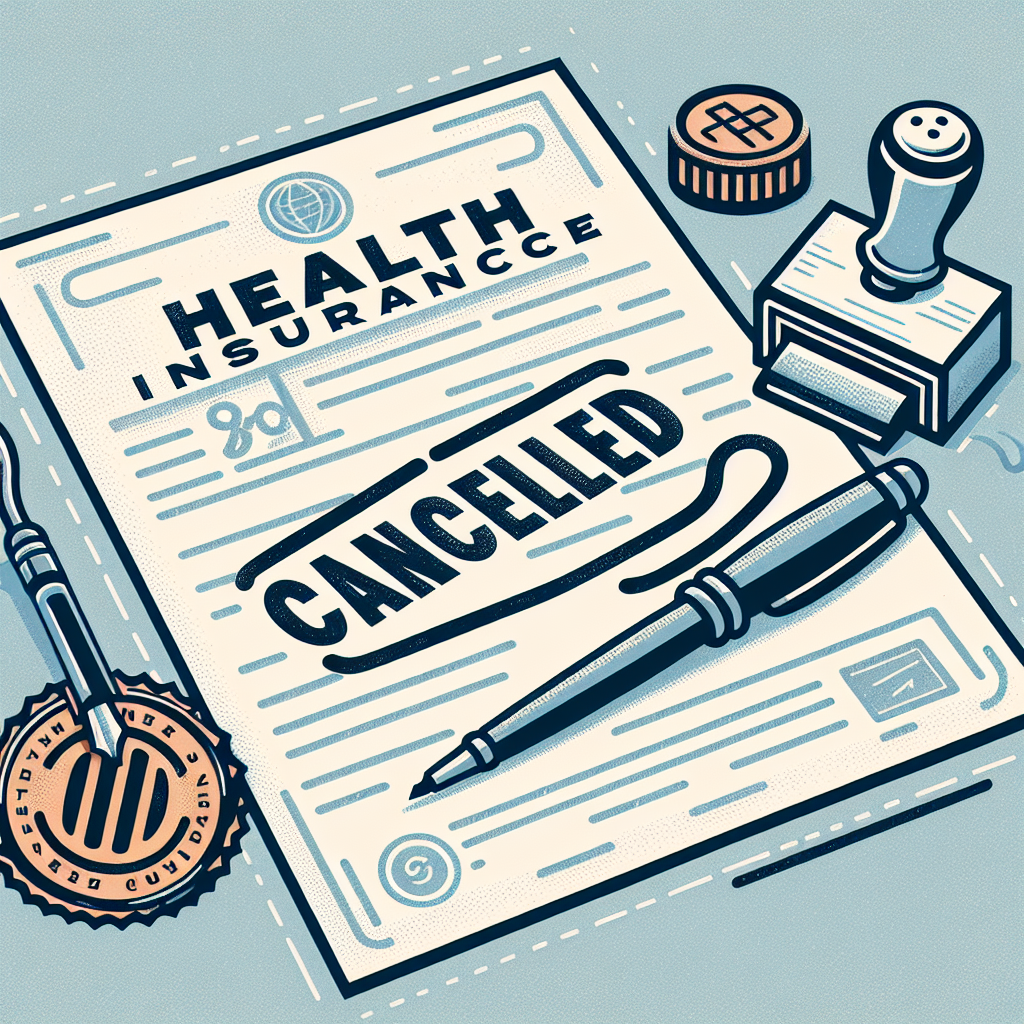Filed under Home Insurance on
Understanding Liability Coverage in Home Insurance

When it comes to safeguarding your home, understanding the nuances of home insurance is crucial. Among the various components of a standard home insurance policy, liability coverage stands out as a vital aspect that can protect homeowners from unforeseen legal and financial burdens. In this guide, we will delve into the intricacies of liability coverage in home insurance, elucidating its importance, functionality, and what homeowners should know to ensure they are adequately covered.
What is Liability Coverage in Home Insurance?
Liability coverage in home insurance is designed to shield homeowners from financial responsibilities if they are found legally liable for injuries or property damage to others. This component of home insurance addresses costs that arise from non-felony incidents on your property or resulting from your personal actions elsewhere. In essence, it serves as a protective shield against potential lawsuits and compensatory expenses. It does not, however, cover damage to the policyholder’s property or injuries to members of the household.
Key Features of Liability Coverage
- Medical Expenses: If a guest is injured on your property, liability coverage can cover their medical expenses, regardless of fault.
- Legal Fees: In cases where you are sued, this coverage can help pay for legal defense costs.
- Property Damage: It also financially protects you if you accidentally damage someone else's property.
- Personal Injury: Some policies include personal injury coverage, covering libel, slander, and other related claims.
Why is Liability Coverage Important?
The significance of liability coverage in home insurance cannot be overstated. Accidents can happen at any time, and the financial repercussions can be severe without adequate protection. For example, if someone slips and falls on your icy driveway during winter, you might face substantial medical bills and legal claims. With sufficient liability coverage, you can navigate such scenarios without a crippling financial impact.
Moreover, liability insurance covers more than just accidents on your premises. If your dog bites someone at a public park, your home insurance liability coverage could step in to cover legal expenses and medical costs. Thus, this type of coverage extends well beyond the boundaries of your home, providing versatile protection in various situations.
Current Industry Trends
In recent years, there has been an increasing trend towards higher liability coverage limits. As litigation becomes more prevalent and medical costs rise, many insurance experts advise opting for liability limits that exceed the standard amount offered in basic home insurance policies. Additionally, adding an umbrella policy, which provides extra liability protection, is becoming commonplace as homeowners seek more comprehensive security.
How Does Liability Coverage Work?
When an incident occurs that results in a claim, the process typically unfolds as follows:
- Incident Report: Inform your insurance company promptly of any event that could potentially lead to a liability claim.
- Investigation: The insurer will investigate the claim to determine liability and the extent of damages.
- Settlement & Payment: If you are found liable, the insurance company will negotiate a settlement and cover costs up to your policy's limit.
It's important to note that liability coverage will only pay up to the limits specified in your policy. Any costs exceeding these limits would be your responsibility, which underscores the need for selecting appropriate coverage limits.
Determining Adequate Coverage Limits
Choosing the right amount of liability coverage in home insurance involves several considerations:
- Property Value & Assets: Evaluate your total assets, including property and savings, as these could be at risk in a lawsuit.
- Lifestyle & Risks: Consider your lifestyle and potential hazards, such as owning pets or a swimming pool, which might increase liability risks.
- Consultation with Experts: Work with an insurance agent to assess potential risks and determine a suitable coverage amount.
Real-Life Scenarios Where Liability Coverage Matters
To better understand the relevance of liability coverage, let’s explore a few scenarios where it plays an essential role:
Scenario 1: Slip and Fall Incidents
Imagine hosting a backyard party, and a guest trips over an uneven pathway, sustaining a broken arm. The medical treatment they require can be extensive, leading to potential lawsuits and claims for compensation. Liability coverage can address these expenses, protecting you from financial distress.
Scenario 2: Pet-Related Claims
Your friendly canine is generally well-behaved, but an unexpected situation arises where it bites a neighbor during a walk. Such incidents can lead to legal claims against you. With adequate liability protection, you can cover medical bills and possible legal fees.
Scenario 3: Accidental Property Damage
Suppose you accidentally destroy a neighbor's fence while trimming your trees. Liability insurance can provide the necessary funds to repair or replace the damaged property, preventing potential conflicts and fostering good community relations.
Common Misconceptions About Liability Coverage
Despite its importance, liability coverage is often misunderstood. Here are some common misconceptions:
- Myth: “Home Liability Insurance Covers Everything.” Liability coverage is specific to injuries and damages third parties suffer and does not cover personal property or injuries to household members.
- Myth: “It Covers Business Activities.” Standard home liability insurance does not cover incidents related to business activities conducted from your home. Separate business liability insurance may be necessary.
- Myth: “It’s Too Expensive.” While increased coverage does raise premiums, the potential financial protection offered generally justifies the cost. Affordable options exist, especially when bundled with other policies.
Enhancing Liability Coverage: Umbrella Insurance
For those seeking additional layers of protection, umbrella insurance offers expanded liability coverage. This supplemental policy kicks in when the liability limits on your home insurance policy are exhausted, providing extended support against major claims.
Benefits of an Umbrella Policy
- Extended Coverage Range: Provides additional coverage beyond the standard home insurance limits.
- Broad Protection: Covers various scenarios, including libel and slander, not typically included in primary home insurance.
- Cost-Effective: Offers significant coverage increases at a relatively affordable rate compared to increasing primary policy limits.
Conclusion
Understanding liability coverage in home insurance is a fundamental step for homeowners who wish to protect their assets and peace of mind. With potential risks lurking both within and beyond your property lines, having comprehensive liability protection can save you from overwhelming financial burdens. By choosing the right coverage limits, staying informed of industry trends, and considering additional protection like umbrella insurance, you can ensure your coverage aligns with your lifestyle and potential liability exposures. Ultimately, making informed decisions about liability coverage can provide an unparalleled sense of security and readiness for life's unexpected twists.





